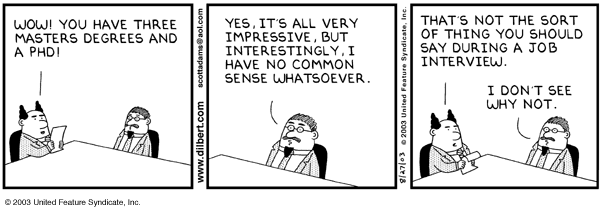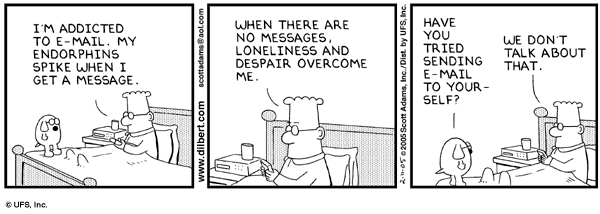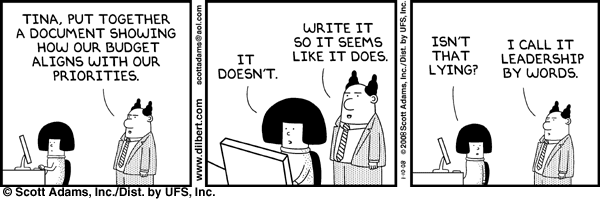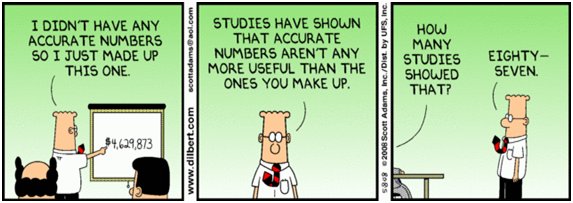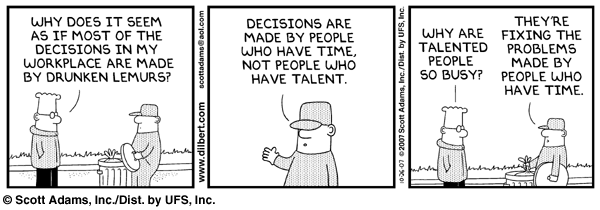10 Research-Backed Steps To Building A Great Team
w do you build a great team? A great team is not just a group of great individuals. Research studies have shown the elements that go into making a productive group aren't always obvious and often defy conventional wisdom. 1) Don't just look for smarts, look for social skills What makes for smart teams? It’s not average IQ; it’s team social skills: The three factors are: the average social sensitivity of the members of the group, the extent to which the…
5 minutes
How To Make Your Life Better By Sending Five Simple Emails
w to make your life better? All you need is email. I've covered a lot of research on how to make your life better but many people struggle with implementing changes because it seems like a major undertaking. It doesn't have to be. You can make strides in 5 fundamental areas by just sending 5 emails. HAPPINESS Every morning send a friend, family member or co-worker an email to say thanks for something. Might sound silly but it's actually…
4 minutes
What are the 10 best ways to build trust in a relationship?
at 10 things build trust in a relationship? So what do you do to build trust in a relationship? Think about it. I'll wait. You're probably not sure because it's not very conscious or deliberate. In fact, you might have trouble usefully defining "trust." For their book The Hidden Power of Social Networks: Understanding How Work Really Gets Done in Organizations, the authors surveyed three global companies in various countries to define trust. They established two different types of trust: Competence-based…
5 minutes
Is leadership effectiveness all about acting?
leadership effectiveness more about the theater than the boardroom? Leaders are supposed to be model citizens. "Lead by example" is the common phrase. "Transparency" is the big buzzword. What does some of the latest research say? "Faking it seems, to a degree, to just be part of good people management," reported Chiara. Stanford MBA school professor and author of the book Power: Why Some People Have It and Others Don’t, Jeffrey Pfeffer makes it pretty clear: Leadership is theater. Via Power:…
6 minutes
Most common career mistakes: What are the top 5?
n't make these errors I've posted about the top five career regrets but what are the most common career mistakes people make? Via Chasing Stars: The Myth of Talent and the Portability of Performance: To shed light on individual behavior during job changes, we conducted a survey of over 400 search consultants from more than 50 industries in mid-2008. The respondents, 67 percent of whom had more than ten years of experience and 70 percent of whom recruited stars at the…
4 minutes
What’s the secret to working with difficult people?
bsp; What's the best advice on working with difficult people? I recently covered clinical psychologist Albert Bernstein's no-nonsense advice on office politics (and how much it lined up with the research on the subject.) Here are his brass tacks thoughts on working with difficult people in the office - specifically bullying bosses, control freaks and narcissists. The Bullying Boss Via Am I The Only Sane One Working Here?: 101 Solutions for Surviving Office Insanity: Ask Yourself, “Why Am I Still…
6 minutes
Checklist: the 5 secrets to winning at office politics
What are the secrets to winning at office politics? The research and the experts agree on what it takes to win at office politics. Jeffrey Pfeffer, author of Power: Why Some People Have It and Others Don’t brings the academic research and Albert Bernstein, clinical psychologist and author of Am I The Only Sane One Working Here?: 101 Solutions for Surviving Office Insanity brings 30 years of one-on-one work with execs. It's eerie how much what they say lines up. So what do you…
5 minutes
This Is The Number One Predictor of Success In Life
lf control predicts success even better than IQ. From Charles Duhigg’s excellent book The Power of Habit: Why We Do What We Do in Life and Business: Dozens of studies show that willpower is the single most important keystone habit for individual success... Students who exerted high levels of willpower were more likely to earn higher grades in their classes and gain admission into more selective schools. They had fewer absences and spent less time watching television and more hours on homework.…
6 minutes
